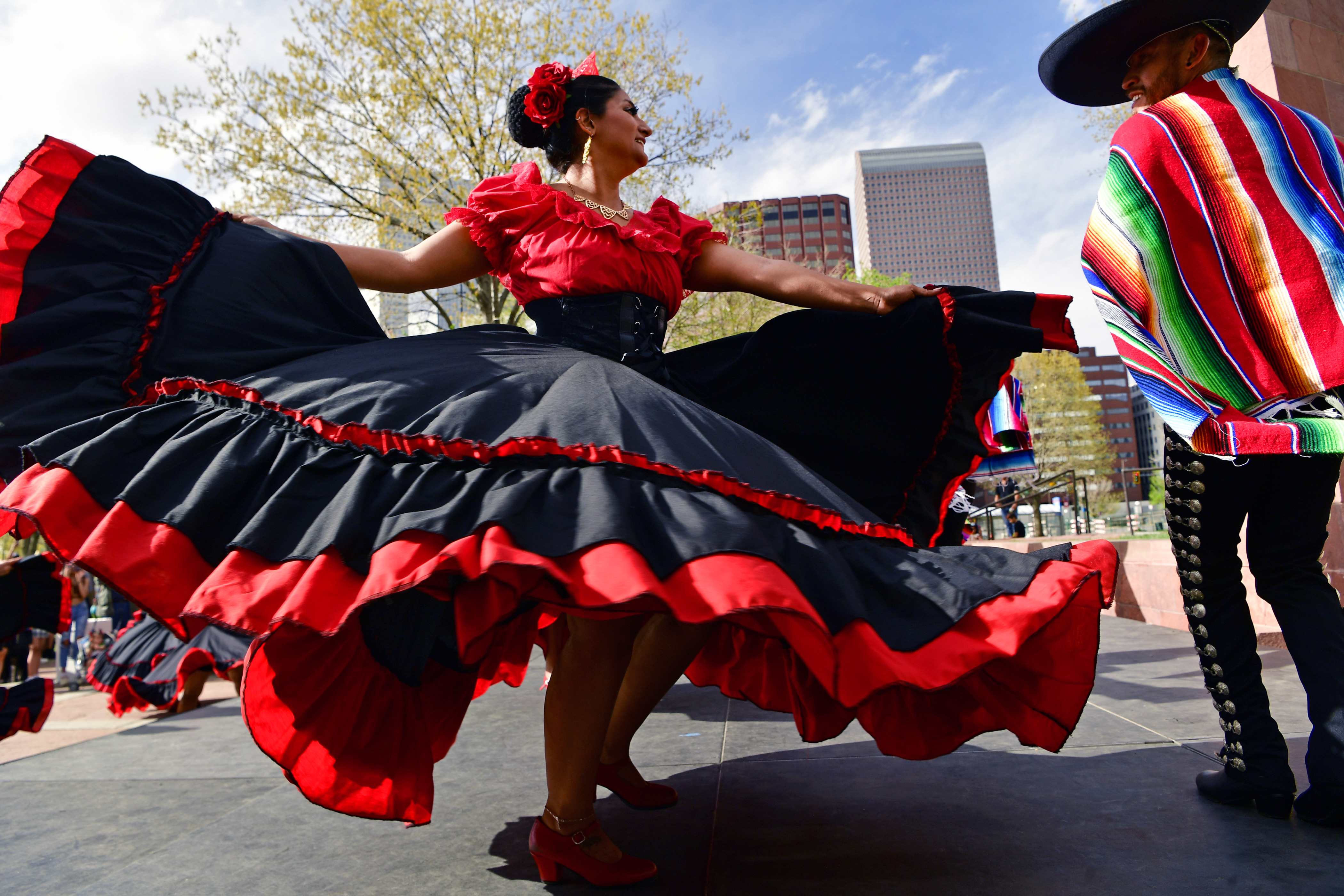Like most migrants, Jesus Escalante left his home country in search of a better life in the U.S. What he didn’t expect was for that life to start with uncertainty.
“I spent more than a week looking for a place to sleep and was unable to find shelter space anywhere,” said Escalante.
Escalante is part of the growing number of asylum seekers arriving in the States without a sponsor.
“Customs and border protection agents are just releasing them into the street releases," said Esther Valdes, an immigration attorney. “It doesn't matter that they don't have a sponsor right now.”
Get Southern California news, weather forecasts and entertainment stories to your inbox. Sign up for NBC LA newsletters.
Valdes says as of recently the sponsorship requirement has been waived for those entering illegally and turning themselves in to immigration due to the soaring number of people coming into the country.
“They don't speak the language, they have little to no belongings, they don't know where to go,” said Valdes.
Various non-profit organizations like Catholic Charities have stepped up to help but due to the volume of people in need, their support can only go so far.
U.S. & World
News from around the country and around the globe
“We had to take in only the most vulnerable,” said Vino Pajanor, CEO of Catholic Charities. “The most vulnerable are the elderly, the sick, the women with children and LGBTQ+.”
Pajanor says the federal government cut their funding in September, forcing them to reduce their shelter capacity from 1600 beds to just 800.
He added that most people who arrive in the country without a sponsor have been misled to believe finding support will be easy.
“There is misinformation or myths that people are communicating out there and the asylum seekers have to be aware that don't believe everything you see in a WhatsApp chat,” said Pajanor. “There is more that needs to happen in the background before you can find housing or shelter or jobs here in the United States.”
It’s led many to end up on the streets like Escalante.
Escalante has since found housing with an emergency shelter at a local church -- but faces a 30-day limit.
He says the plan is to find a job and be able to rent his own place. But with so much uncertainty, he can only hope.
Pajanor offers cautionary advice.
“There has to be a messaging, a narrative that has to be out there that, yes America is the land of freedom and justice and equity for all, but there is a process,” Pajanor said.



